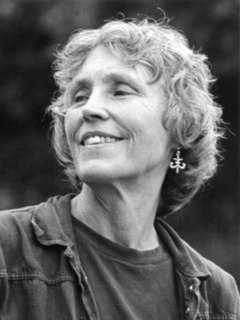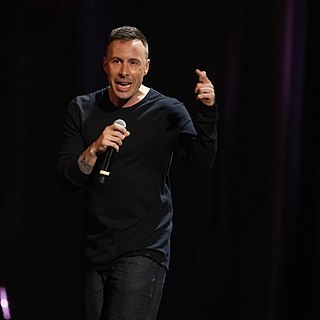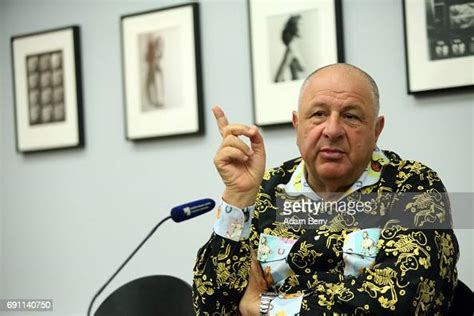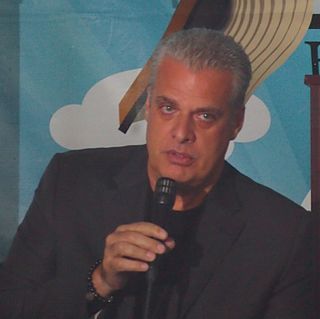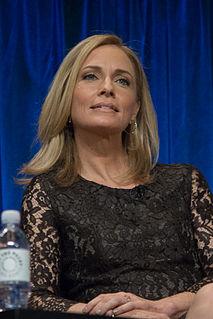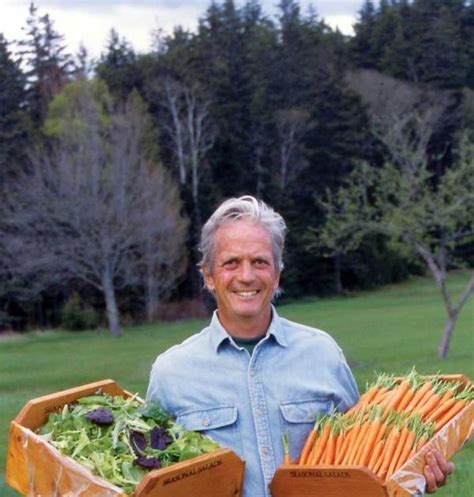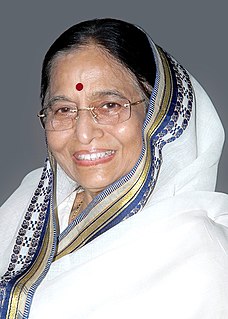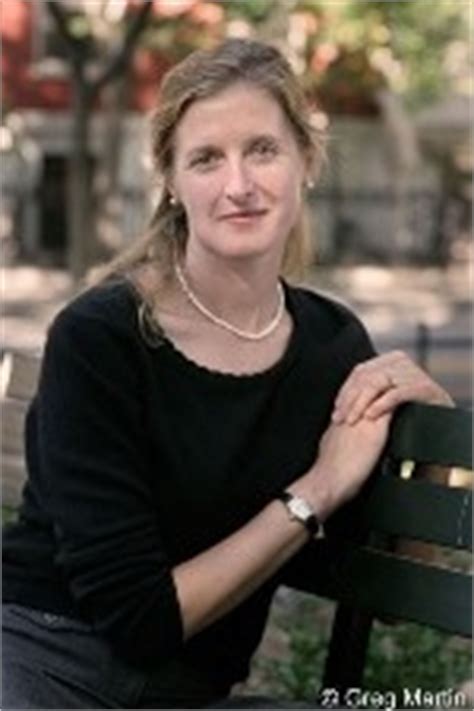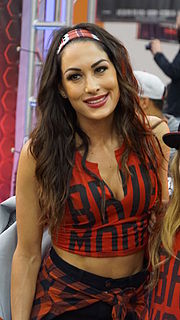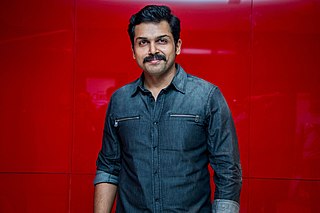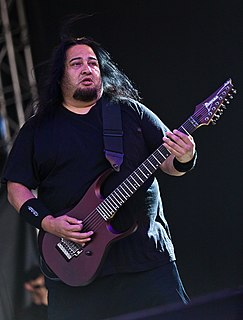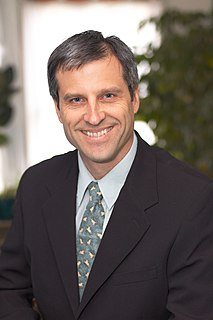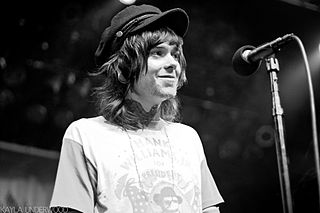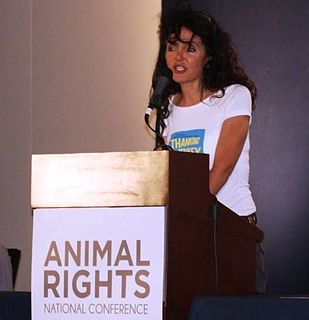Top 1147 Factory Farming Quotes & Sayings
Explore popular Factory Farming quotes.
Last updated on December 2, 2024.
I personally chose to go vegan because I educated myself on factory farming and cruelty to animals, and I suddenly realized that what was on my plate were living things, with feelings. And I just couldn't disconnect myself from it any longer. I read books like 'Diet for a New America' and saw documentaries like 'Earthlings' and 'Meet your Meat,' and it became an easy choice for me.
We can't plead ignorance, only indifference. Those alive today are the generations that came to know better. We have the burden and the opportunity of living in the moment when the critique of factory farming broke into the popular consciousness. We are the ones of whom it will be fairly asked, What did you do when you learned the truth about eating animals?
Factory-farm lobbyists are so powerful and so well funded and they do everything in their power to hide the truth about farming. They keep the farms and slaughterhouses in places that most people never visit; they execute huge marketing campaigns in an effort to make animal production look like a happy, nice, benign institution.
When we first started Fear factory, we asked ourselves what Fear Factory means, it was a cool name, but what did it mean? We obviously embraced the technological side of a factory, as a factory can be anything from something that insights fear, like a government machine, to something of futuristic technology, or it could be religion. So we embraced the technological side of it back in the early days.
An understandable hunger for potential clients tempts many [career counseling therapists] to overpromise, like creative writing teachers who, out of greed or sentimentality, sometimes imply that all of their students could one day produce worthwhile literature, rather than frankly acknowledging the troubling truth, anathema to a democratic society, that the great writer, like the contented worker, remains an erratic and anomalous event, immune to the methods of factory farming.
We know, at least, that this decision (ending factory farming) will help prevent deforestation, curb global warming, reduce pollution, save oil reserves, lessen the burden on rural America, decrease human rights abuses, improve publish health, and help eliminate the most systematic animal abuse in history.
The measure discriminates definitely against products which make up what has been universally considered a program of safe farming. The bill upholds as ideals of American farming the men who grow cotton, corn, rice, swine, tobacco, or wheat and nothing else. These are to be given special favors at the expense of the farmer who has toiled for years to build up a constructive farming enterprise to include a variety of crops and livestock.
An environmentalist can oppose factory farming because it's reckless stewardship. A conservative can oppose factory farming because it is destructive to small farmers and to the decent ethic of husbandry those farmers live by. A religious person can oppose factory farming because it is degrading to both man and animal - an offense to God.
Twelve thousand years ago, everybody on earth was a hunter-gatherer; now almost all of us are farmers or else are fed by farmers. The spread of farming from those few sites of origin usually did not occur as a result of the hunter-gatherers' elsewhere adopting farming; hunter-gatherers tend to be conservative.... Instead, farming spread mainly through farmers' outbreeding hunters, developing more potent technology, and then killing the hunters or driving them off of all lands suitable for agriculture.
Some of us seem to be born with a drive to try to make the world kinder. In my twenties, living in New York City, I worked in a soup kitchen every Sunday for many years, just trying to do my part. Then I read Animal Liberation and learned about factory farming and the killing of animals for oven cleaner and realized nobody needed my help as badly as the animals did.


